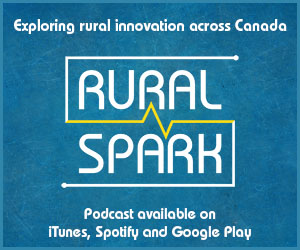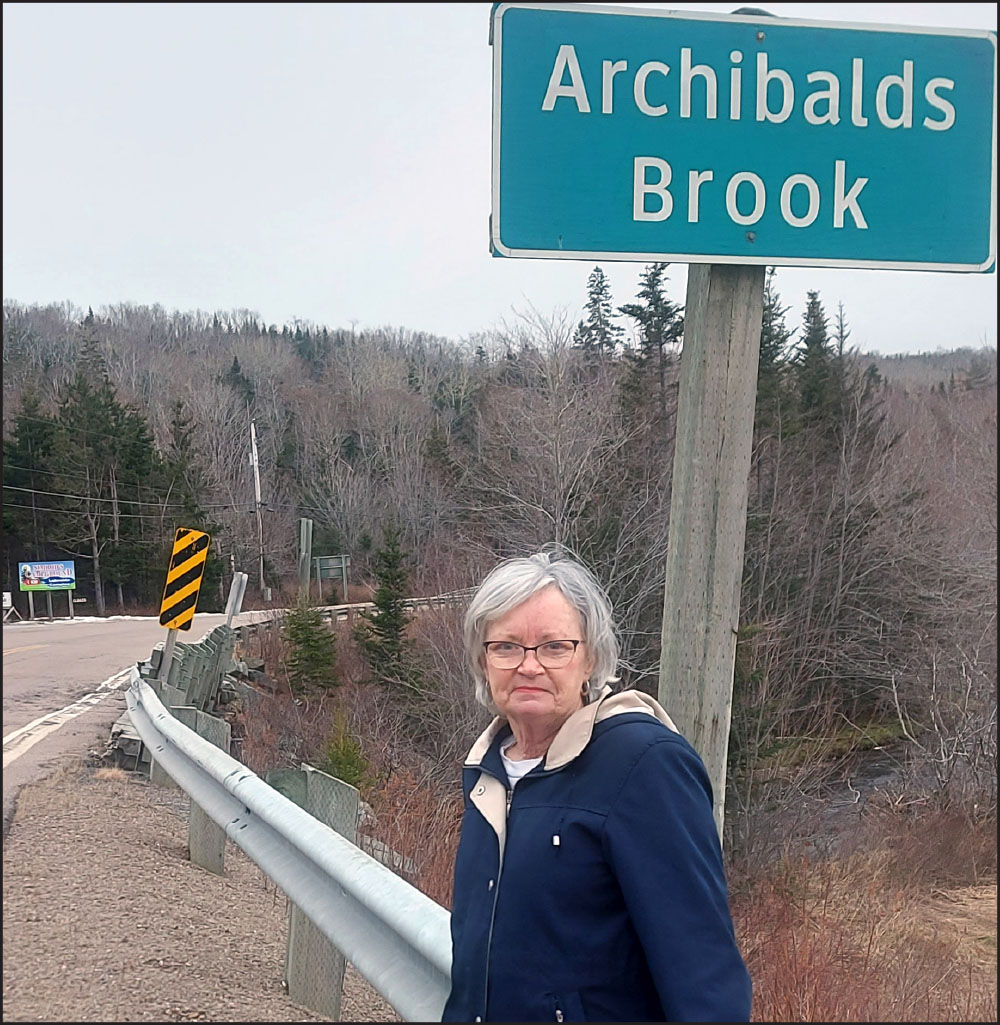SHEET HARBOUR – Eastern Shore Memorial Hospital (ESMH) will soon get the federal government support it needs to tackle its perennial doctor shortage, says Canada’s new Minister of Immigration, Refugees and Citizenship.
In an exclusive interview with The Journal last week, Central Nova MP Sean Fraser, who was sworn into cabinet on Oct. 26, said he expects major changes this year to the wording of a national student loan forgiveness program, which will give the hospital a crucial recruiting tool to which it has so far been denied.
“We’re going to change the definition of what is a rural hospital,” he said. “Our intention is to make that change … in this Parliament.”
He added that, though the process will likely require a budget and a legislative adjustment of the program’s terms, “If I get my way the sooner [it changes], the better.”
The program provides new doctors with up to $40,000 in loan forgiveness, if they practise in rural areas over a set number of years immediately following their graduation. It is not available to health facilities in Sheet Harbour because the community (population about 850) is part of the urban Halifax Regional Municipality (pop: roughly 450,000).
The loophole, residents and health care observers say, has made doctor – and, to some extent, nurse – recruitment in these areas exceedingly difficult.
According to a recent report from the Nova Scotia Health (NSH), emergency room closure rates at ESMH have more than doubled over the past 12 months – from 23 to 47 per cent. The hospital is “struggling with recruitment, particularly physicians,” NSH Services Manager Amy Donnelly told The Journal last month.
“It’s stunning to me that we’ve allowed things to reach a state where emergency rooms have scheduled closures,” Fraser said. “You can’t control when an emergency happens. if you have an accident, you need emergency services in your community.”
He said that, although he’s been working on a federal fix to the problem since at least 2017, the first sign of real action came during the most recent election campaign.
“My jaw nearly hit the floor when the Prime Minister [Justin Trudeau] made the announcement about recruiting doctors and nurses as part of the campaign platform,” he noted. “And he came to Nova Scotia to do it. He specifically referred to the emergency room closures in Sheet Harbour and Middle Musquodoboit … A major part of the campaign commitment was to change the criteria so the program applies to rural communities.”
The new legislation will also increase the maximum loan forgiveness amount to $60,000 (contingent on a five-year rural residency); and expand the program to cover mental health professionals, dentists and dental hygienists.
“It will [also] include teachers and early childhood educators, and quite a few other health-related professions that rural communities typically have a harder time attracting to their region,” Fraser said.
He added: “The vast majority of commitments we’ve made over the years along these lines are now a part of Canadian law.”








